Understanding Different Types of Facial Masks
Facial masks are versatile skincare products that offer a variety of benefits tailored to diverse skin needs. Whether you’re seeking hydration, exfoliation, or soothing properties, there’s a facial mask suited to your unique requirements. To help you navigate the extensive array of masks available, we’ll delve into the most popular types and their corresponding benefits.
1. Clay Masks: Benefits and Uses
Clay masks have been prized for their ability to draw out impurities from the skin. They are particularly beneficial for those with oily or acne-prone skin. The most common types of clay used in these masks include bentonite, kaolin, and French green clay. Each type of clay has distinct properties that help absorb excess oil, detoxify the skin, and minimize the appearance of pores.
For instance, bentonite clay works similarly to a sponge, absorbing toxins and oils to leave your skin feeling refreshed. Regular use can lead to clearer skin and reduced breakouts. Additionally, clay masks can be tailored with other ingredients such as essential oils or herbal extracts to enhance their effects.
2. Sheet Masks: Instant Hydration Solutions
Sheet masks offer a convenient method for delivering hydration and nutrients to the skin. Composed of thin, absorbent fabric saturated with a serum, these masks adhere snugly to the face, allowing for optimal penetration of active ingredients. They often include hydrating agents like hyaluronic acid, antioxidants like vitamin C, and soothing plant extracts.
One of their significant advantages is the speed at which they work. Just 15 to 20 minutes with a sheet mask can provide a noticeable boost in moisture, making them ideal for quick refreshes before an event or as part of your nighttime routine. They are incredibly versatile; sensitive skin types can find calming sheet masks infused with aloe vera, while those needing a brightening boost can opt for masks with vitamin C.
3. Peel-Off Masks: Exfoliation and Brightening
Peel-off masks provide a unique two-in-one benefit of exfoliation and brightening. Designed to adhere to the skin and lift away dead cells, they often contain enzymes, charcoal, or other ingredients that work to clear away buildup. When the mask is peeled away, it not only removes impurities but also promotes an instant glow.
These masks can be particularly effective for normal to combination skin types. However, individuals with sensitive or reactive skin should proceed with caution, as the adhesive properties necessary for the peel-off action can irritate more delicate skin.
Key Ingredients to Look for in Facial Masks
Choosing the right facial mask goes beyond simply picking a type; it’s essential to consider ingredients that cater to your skin’s needs. Let’s explore key components to look for when selecting a facial mask.
1. Hydrating Ingredients: Hyaluronic Acid and Glycerin
Effective hydration is key to maintaining healthy skin, and ingredients like hyaluronic acid and glycerin are excellent options. Hyaluronic acid can hold up to 1000 times its weight in water, making it a powerhouse for moisture retention. Glycerin, a humectant, also helps pull moisture from the environment into the skin.
Products that boast these ingredients are particularly effective for dry or dehydrated skin. Combining them can lead to plump, youthful-looking skin that feels soft and hydrated.
2. Exfoliants: Enzymes and BHA/AHA
Incorporating exfoliating ingredients such as enzymes, beta hydroxy acids (BHA), and alpha hydroxy acids (AHA) can enhance the effectiveness of your facial mask. Enzymes, often derived from fruits like papaya or pineapple, gently dissolve dead skin cells without irritation. On the other hand, BHA (like salicylic acid) and AHA (like glycolic acid) work to clear away impurities while promoting cell turnover.
Regular use of exfoliating masks can diminish the appearance of fine lines, improve texture, and promote a radiant complexion, making them an excellent addition to your skincare routine.
3. Soothing Agents: Aloe Vera and Chamomile
For those with sensitive or irritated skin, soothing ingredients like aloe vera and chamomile can provide relief. Aloe vera is known for its anti-inflammatory properties, making it a popular choice in facial masks designed to calm and hydrate the skin. Similarly, chamomile has both soothing and antioxidant benefits, perfect for those experiencing redness or irritation.
Using masks with these ingredients can help reduce inflammation and promote an overall sense of comfort for sensitive skin types.
How to Choose the Right Facial Mask for Your Skin Type
Determining the right facial mask requires an understanding of your skin type and its specific needs. Here’s a detailed guide to help you make the best choice.
1. Oily Skin: Recommended Facial Masks
If you have oily skin, look for masks that are formulated with oil-absorbing properties. Clay masks are a fantastic option, as they not only absorb excess oil but also help to detoxify the skin. Additionally, masks that contain salicylic acid can penetrate pores and help prevent acne by controlling oil production.
Peel-off masks can also be beneficial, as they remove dead skin cells and impurities that can contribute to breakouts. Consider formulations with charcoal or tea tree oil, known for their ability to target blemishes.
2. Dry Skin: Nourishing Facial Masks to Try
For dry skin, focus on masks that provide intense hydration and nourishment. Creamy formulas enriched with hyaluronic acid, glycerin, or nourishing oils can significantly enhance moisture levels in the skin. Look for masks with rich ingredients like shea butter or avocado oil, as these provide deep hydration and improve skin elasticity.
Sheet masks designed specifically for dry skin typically include hyaluronic acid and other moisturizing agents, making them a perfect choice for a quick boost of hydration.
3. Sensitive Skin: Gentle Options for Care
Choosing a facial mask for sensitive skin requires a careful approach. Opt for gentle ingredients and make sure to avoid irritating substances such as alcohol, fragrance, or harsh preservatives. Soothing masks enriched with aloe vera, chamomile, or calendula are specifically designed to calm and nourish sensitive skin.
Additionally, consider hypoallergenic options, and always perform a patch test before introducing a new product to your routine. Masks that offer hydration without irritation can help maintain skin comfort and balance.
Best Practices for Applying a Facial Mask
The application of a facial mask can greatly affect its effectiveness. Here are some best practices to ensure that you maximize the benefits of your mask.
1. Preparing Your Skin Before Application
Before applying a facial mask, it’s crucial to prepare your skin. Start with a clean face; remove any make-up and cleanse your skin with a gentle cleanser suited for your skin type. An exfoliant may also be used beforehand if you’re opting for a hydrating mask, as it will help remove dead skin cells and allow for better absorption of the mask’s ingredients.
Additionally, consider steaming your face for a few minutes to open up the pores and enhance the mask’s effectiveness. This step can be particularly beneficial if you’re using a clay or exfoliating mask, as it will help draw impurities out more effectively.
2. Proper Application Techniques
Applying the facial mask properly will help ensure even coverage and optimal results. Start with a small amount of product and use clean fingers or a brush to apply it evenly across your face, avoiding the eye area unless the mask is specifically designed for that region.
Work from the center of your face outwards, and make sure to cover the entire area without over-applying, as this can lead to waste of product and may affect your mask’s effectiveness.
3. Timing: How Long to Keep Your Mask On
Each facial mask has specific instructions regarding the recommended duration for application. Generally, it’s advised to keep a mask on for 10 to 30 minutes; however, always refer to the product instructions. Leaving a mask on too long can lead to irritation, while taking it off too soon may not provide the intended benefits.
During this time, take the opportunity to relax; this not only provides an enjoyable experience but also enhances the overall effectiveness of the mask.
Measuring the Effectiveness of Your Facial Mask
Understanding the effectiveness of your facial mask is key to developing your skincare routine. Here’s how to assess the outcomes of your chosen masks.
1. Immediate Results: What to Expect
Many facial masks provide immediate results that can be readily observed. After using a hydrating sheet mask, for example, you may notice a plumper, more radiant complexion within minutes. Clay masks can also yield quick results, often leaving your skin feeling fresh and matte right after removal.
Be mindful that while some results are instant, they may be temporary. Regular use and consistent application are crucial for longer-lasting effects.
2. Long-Term Benefits: Consistency is Key
While immediate benefits can be exciting, the long-term results are what truly matter in your skincare journey. Committing to a regular masking routine (typically 1-2 times a week depending on your skin type) will yield better results over time. For example, a consistent regimen of exfoliating masks can greatly improve skin texture, while hydrating masks can continually enhance moisture retention.
Documenting your skincare routine and results can also help you track improvement and adjust your product use as necessary.
3. Troubleshooting: When Your Mask Doesn’t Work
There may be occasions when your facial mask does not deliver the expected results. Troubleshooting these issues can help you maintain an effective skincare routine. If you experience irritation, ensure you’re not using a mask too frequently or on compromised skin. Opt for gentler formulations or consider patch testing new products before full face application.
Additionally, factors such as environmental changes, hormonal fluctuations, or using incompatible products in conjunction with your mask can also impact effectiveness. Regular assessments of your overall skincare regimen and conditions are essential in optimizing the results of your facial masks.
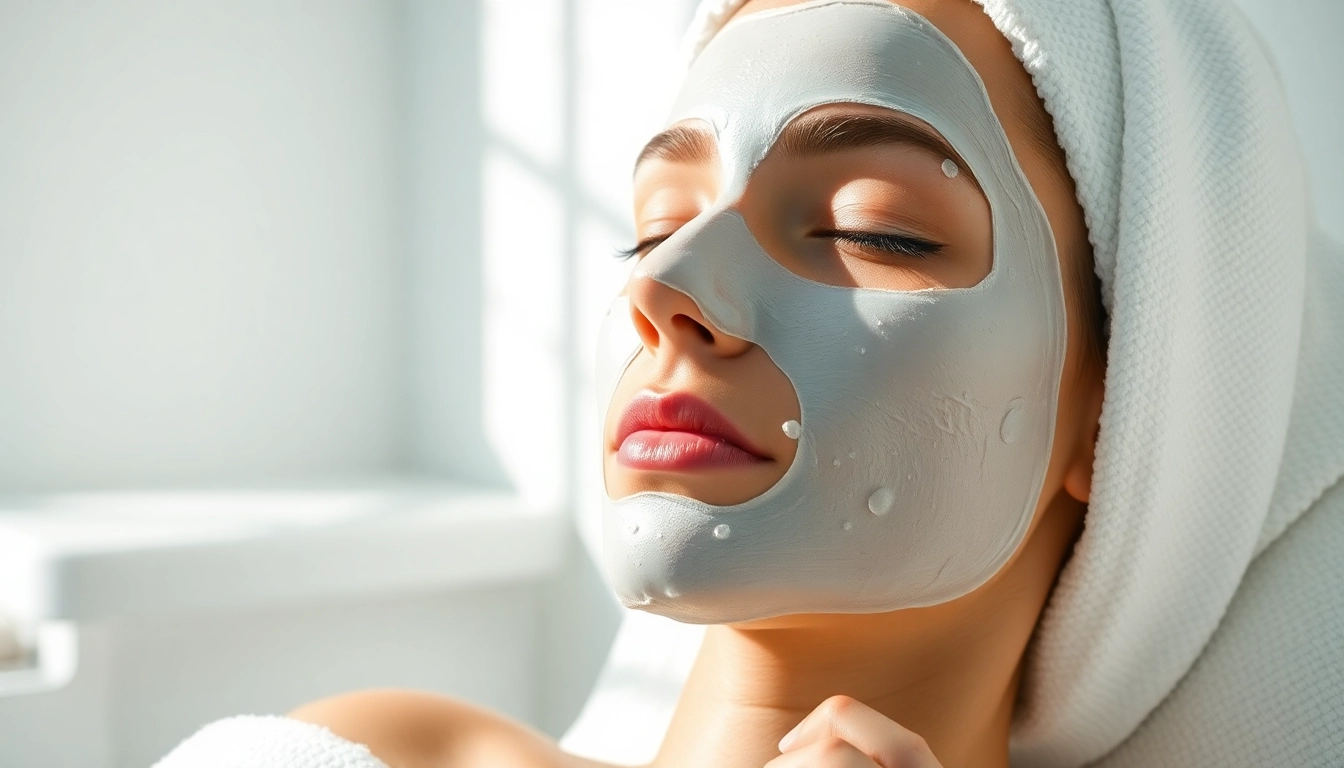

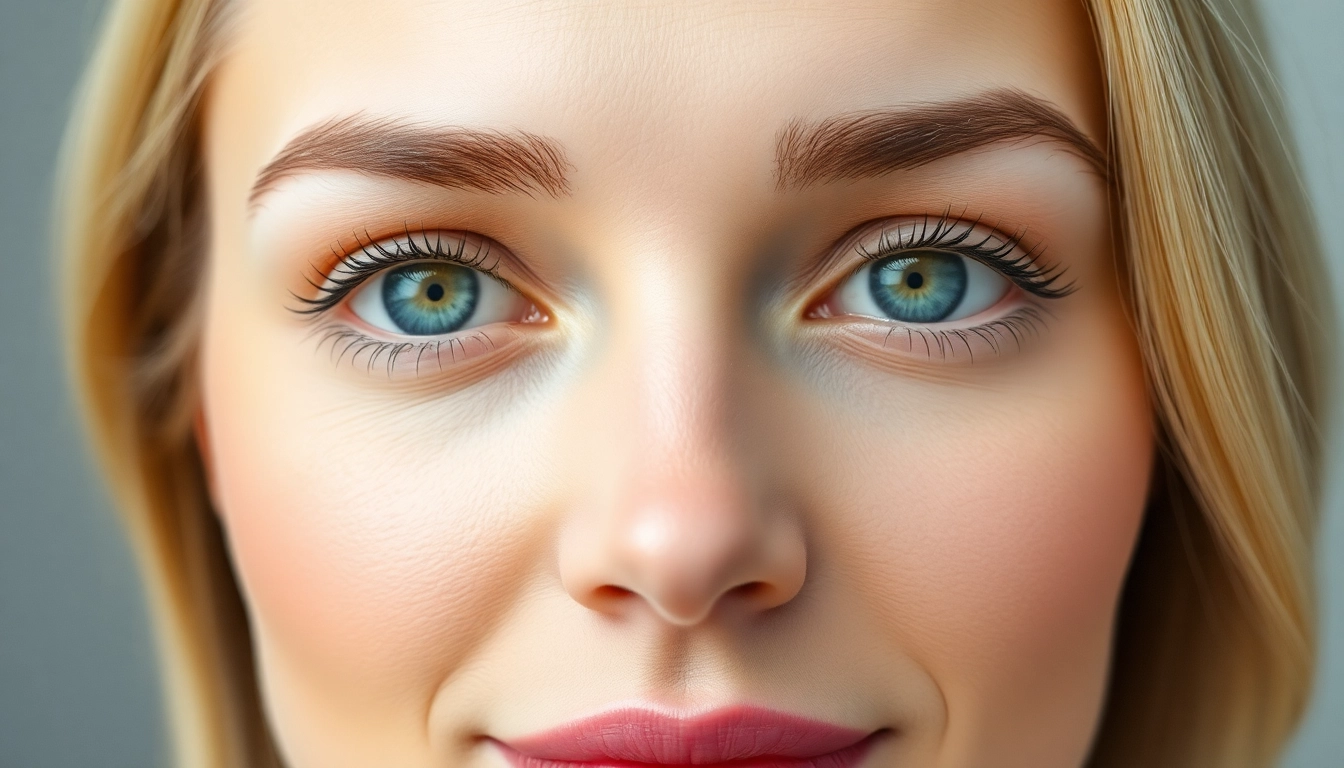


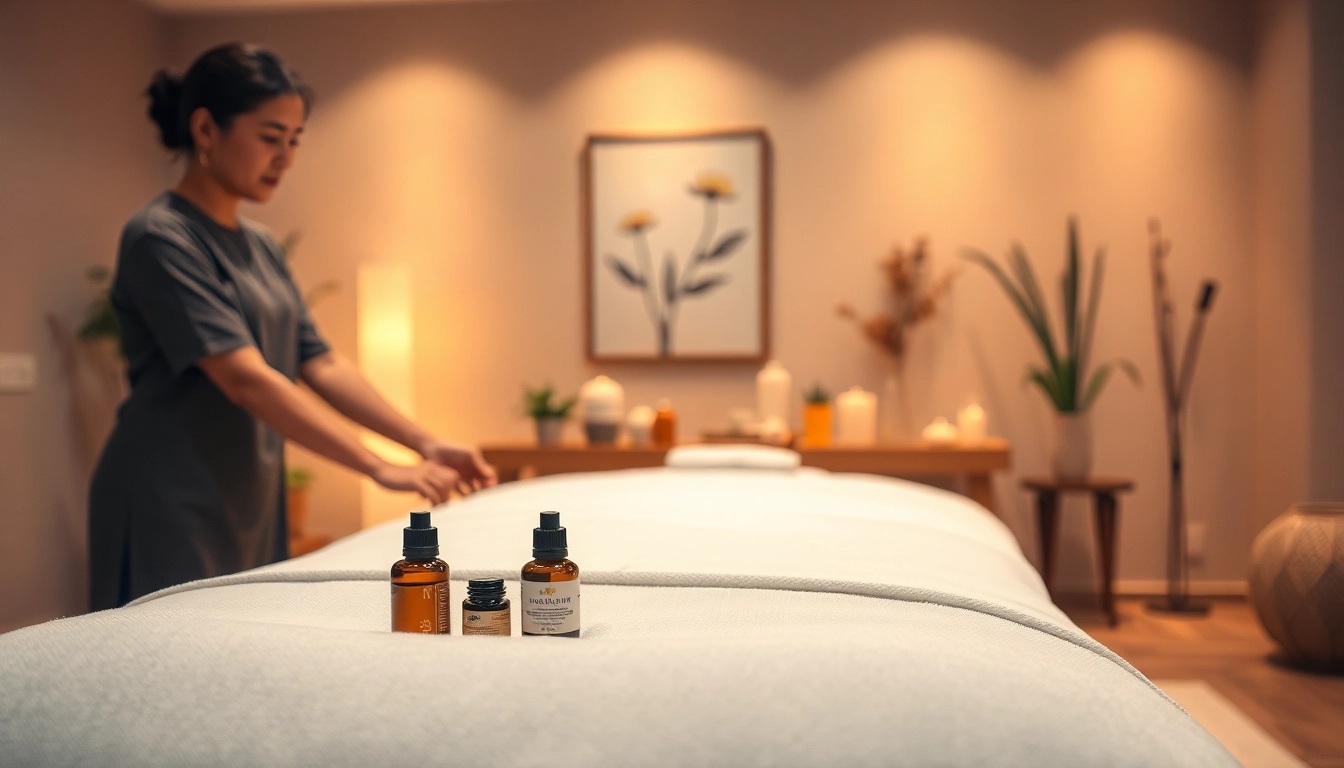


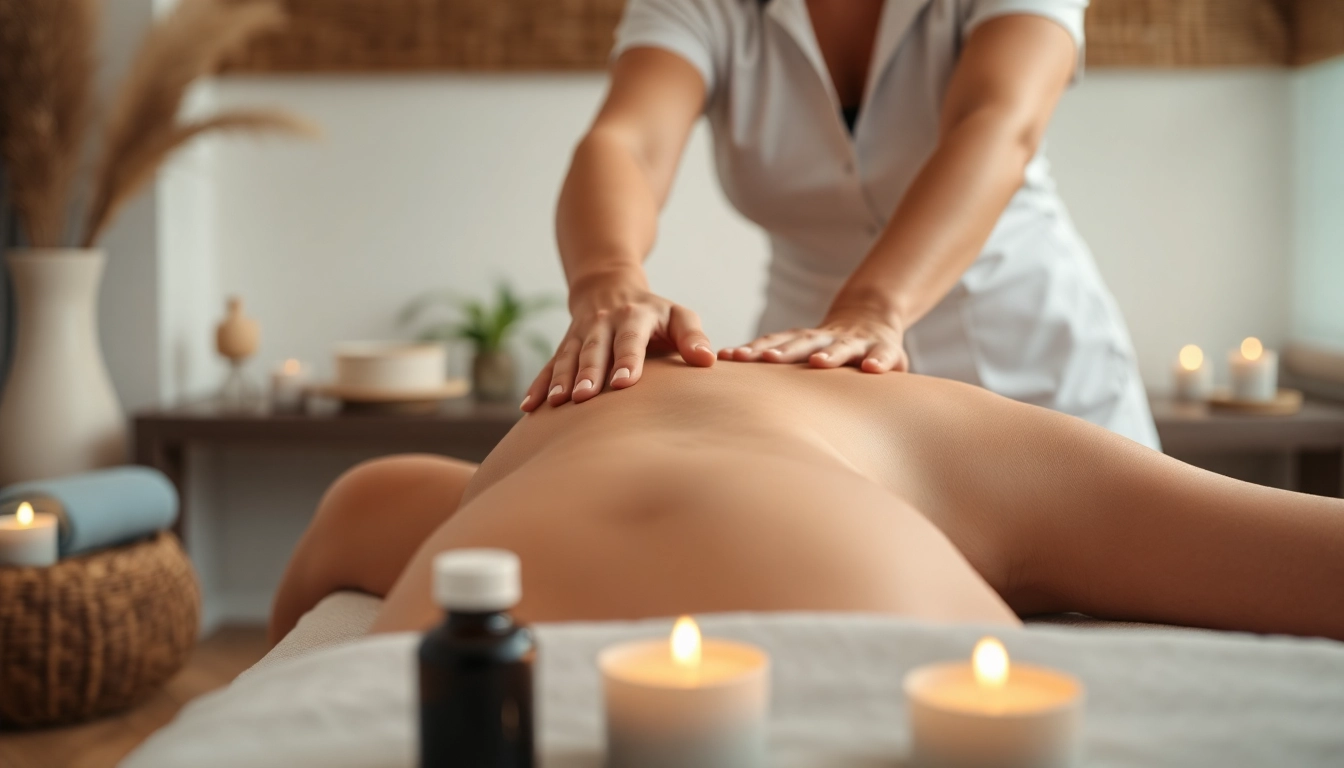

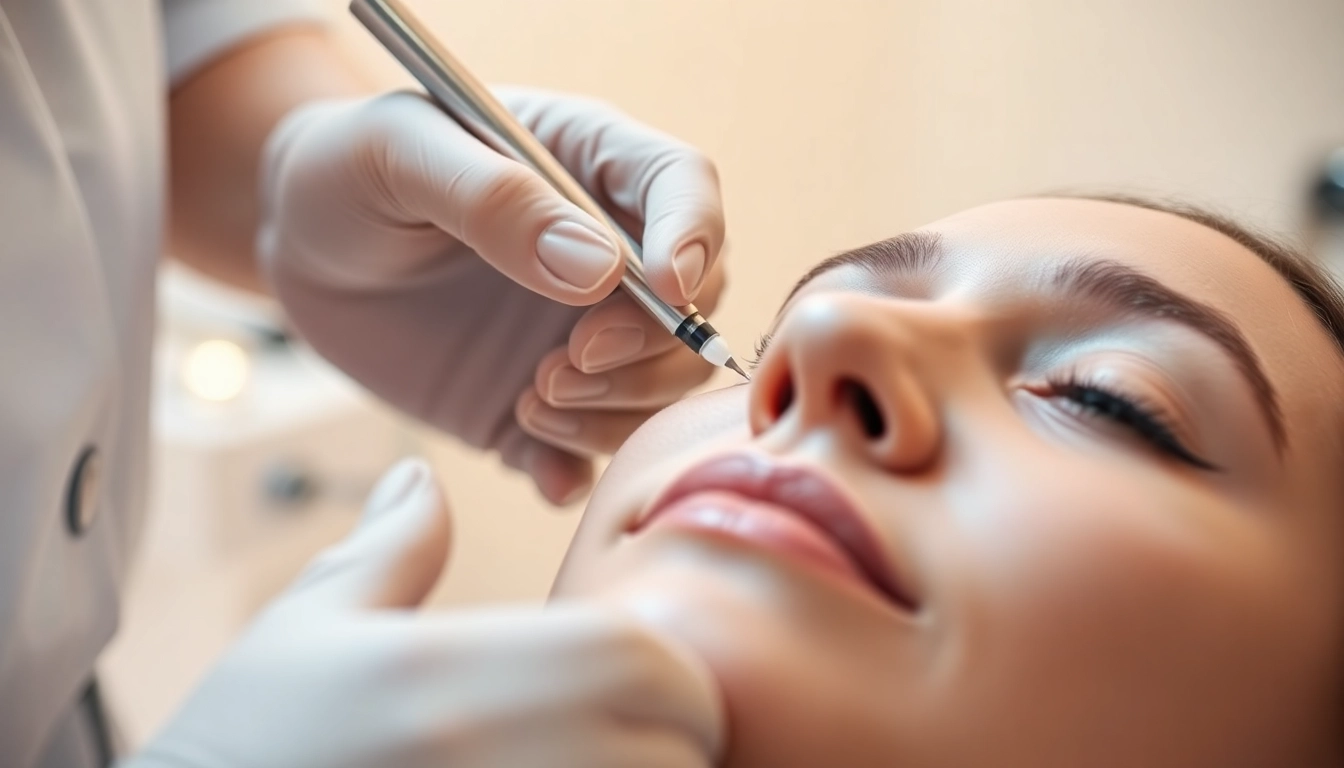




Leave a Reply